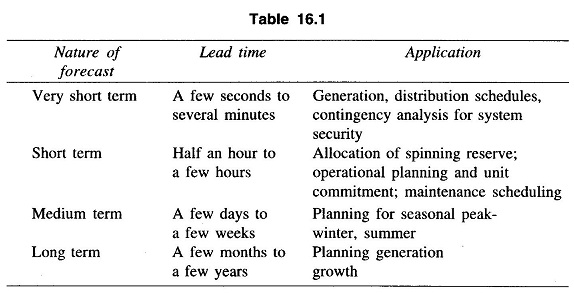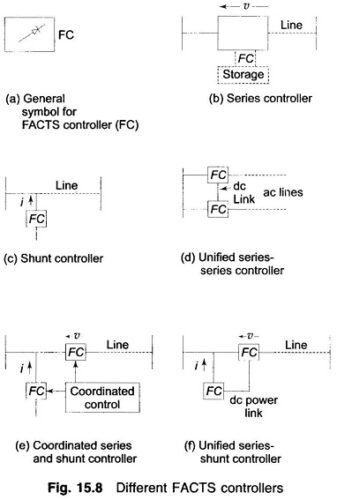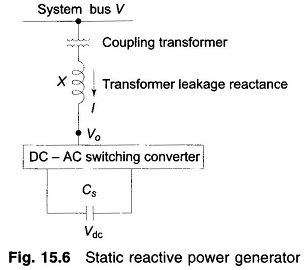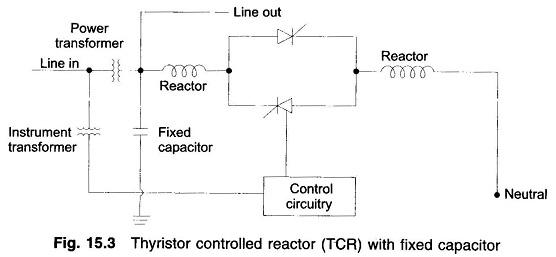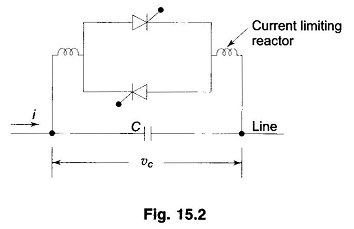Estimation of Trend Analysis in Load Forecasting
Estimation of Trend Analysis in Load Forecasting: Estimation of Trend Analysis in Load Forecasting – The simplest possible form of the deterministic part of y(k) is given by where y̅d represents the average or the mean value of yd(k), bk represents the `trend’ term that grows linearly with k and e(k) represents the error of modelling […]
Estimation of Trend Analysis in Load Forecasting Read More »

